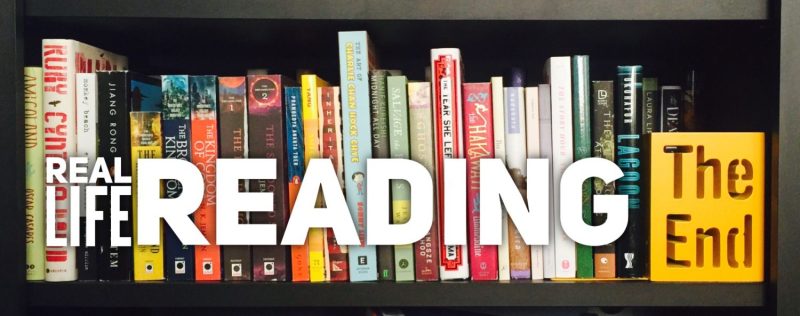“How could anyone describe the chaos that had descended on the Chao household as soon as James left home for college?”
In the small town of Haven, Wisconsin, oldest of three brothers, Dagou works at the family restaurant, and wants their father, Leo, to make him a partner in the business. Never going to happen. Dagou (which means big dog – his name is William but no one calls him that) tried to make it in New York. It didn’t work out so his past six years have him working at the family restaurant.
“The first son is raised to be the savior of the family: the bringer of justice, the righteous achiever who will justify each year of labor and sacrifice”, but their father thinks Dagou worthless, good for nothing. Leo Chao himself seems rather vile. He tells crude jokes, puts down his own children far too easily. He is cruel and mean. Their mother has given herself to religion.
Second son Ming is doing well for himself, in terms of making money away from his family, but he struggles with his Chinese identity. Youngest son James is a medical student, a sweet and kind young man, who often finds himself playing peacemaker.
“There are only certain times in life when emergence is possible. The life strategy for children of immigrants, starting with nothing, is to use that time to build social, educational, and financial capital on which to ride out the rest of their lives.”
I didn’t know about the connection to The Brothers Karamazov until about halfway into the book and an article title “The Curious Case of ‘The Brothers Karamahjong.’” pops up. I only know vaguely of the Dostoevsky classic, so I had to look it up. Would I have appreciated this more if I had read the classic? It was a struggle to read, as the characters were rather unappealing. But I appreciated this look into Chinese family life in a small town, murdered patriarch otherwise. The trial in particular brings to light the prejudices that immigrant families face in small town America.
The Family Chao is a layered, complicated book. It is a considered look into personal identity vs filial piety and Chinese family expectations. The thought that the Chaos are chaos tickled me though.

